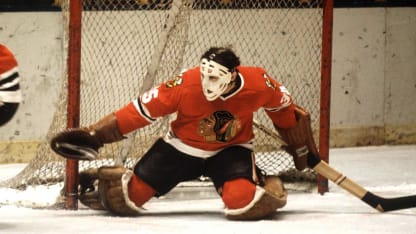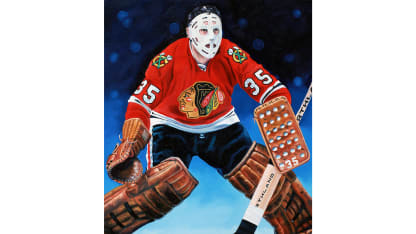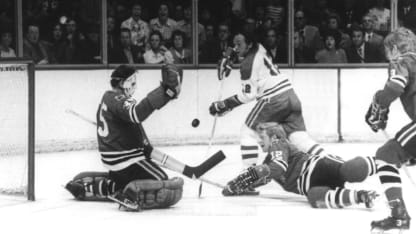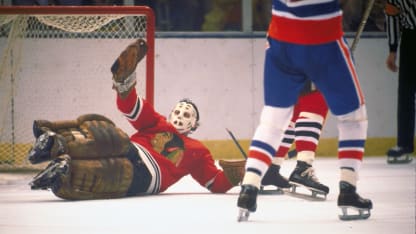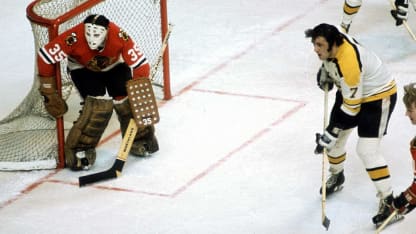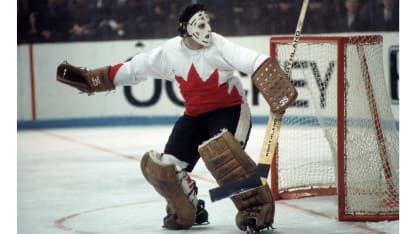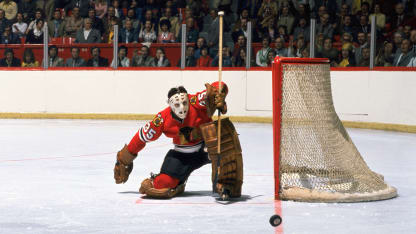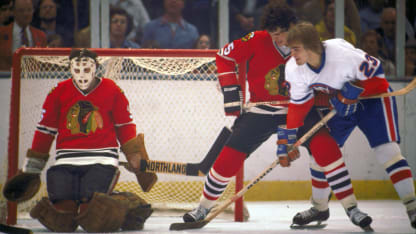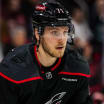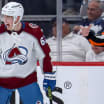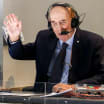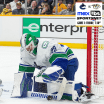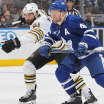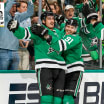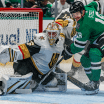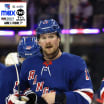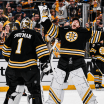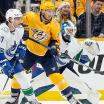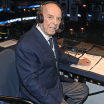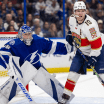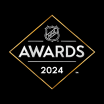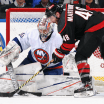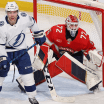"I was behind two veterans in Montreal, Rogie Vachon and Gump Worsley," Esposito said. "So I was anxious to go to a place where I might have a chance to play more. Plus, I had played a game against the Black Hawks the previous season. Even though they were struggling a bit, they had a lot of talent. I thought they had a strong upside, good possibilities."
Evidently, the Black Hawks felt the same about him. Esposito was made available by the Canadiens in the intraleague draft, and general manager Tommy Ivan grabbed him for a mere $25,000. The Black Hawks had their franchise goalie for the next 15 years.
Although enriched by stars such as Bobby Hull and Stan Mikita, the Black Hawks landed in sixth place during the 1968-69 season, albeit with a winning record (34-33-9) in an East Division comprised of Original Six teams while the West contained six teams from the 1967-68 expansion.
TONY ESPOSITO CAREER TOTALS | View Full Stats
Games: 886 | Wins: 423 | Losses: 306 | Ties: 151 | GAA: 2.92
The Black Hawks could score -- they had 280 goals, second most in the NHL -- but they yielded 246. Ivan and coach Billy Reay were intent on stressing a tidier style the following season, and Esposito became a key part of that. He was among an excellent crop of rookies that included Keith Magnuson and Cliff Koroll, but Esposito was chiefly why the Black Hawks staged a reversal for the ages.
It did not begin well. Esposito was raked 7-2 by the St. Louis Blues in the season opener. The Black Hawks started 0-5-1 and fans were restless. But the Black Hawks went to Montreal, Esposito shut out his former team and the transformation in Chicago began to gain traction. The Black Hawks, just a .500 team by early January, embarked on a remarkable streak, losing three games in February and only one in March.
